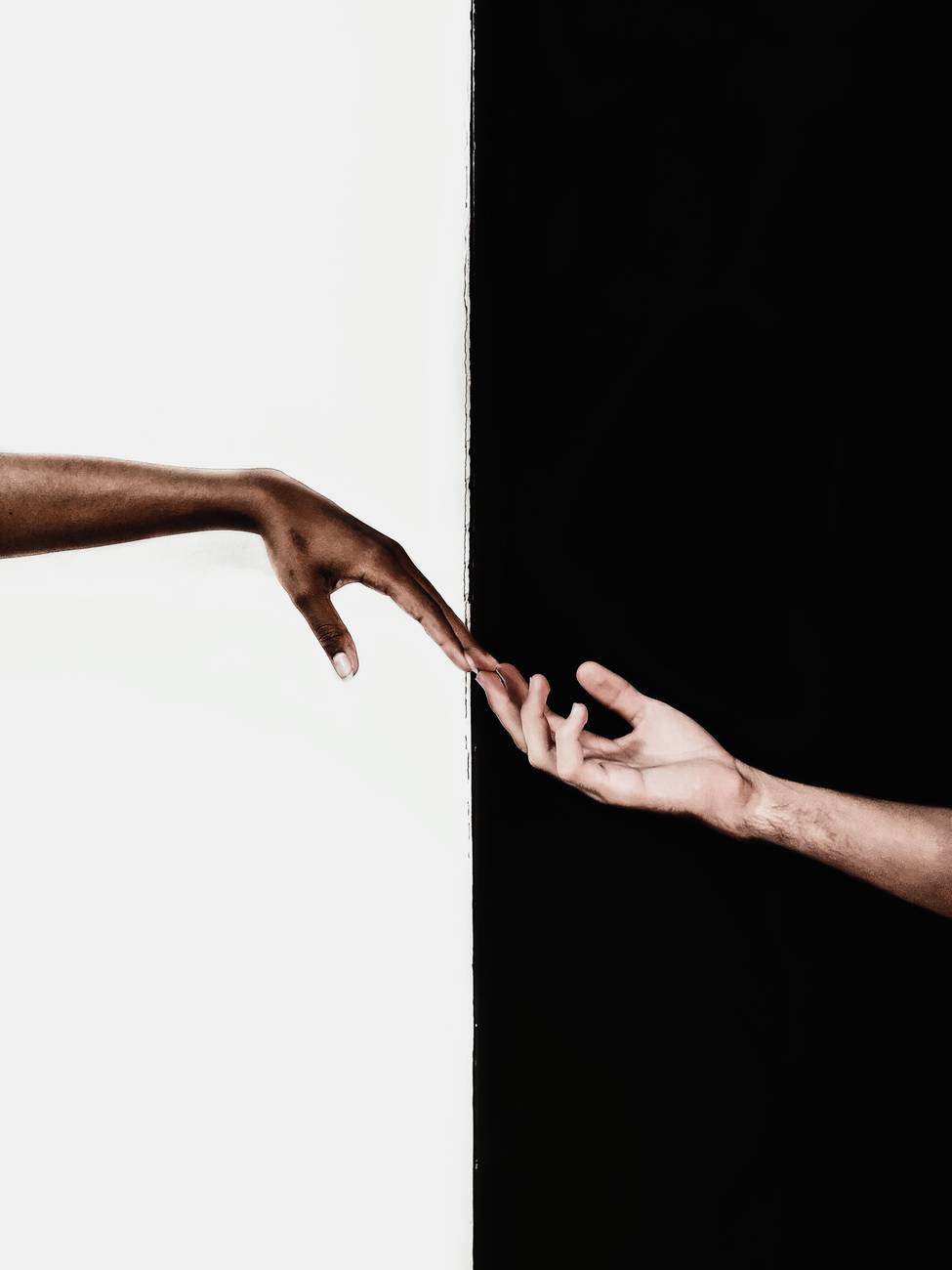By Isabel
I began interning with Sahiyo in June. A recent graduate into the fields of cultural anthropology and human rights, I was eager to learn how Sahiyo used participatory media and community-based advocacy to end female genital cutting (FGC) and break down the culture of silence that surrounds it. Daily, I grew more exposed to the collective healing fostered among survivors and advocates against the practice. As I listened to the many voices of women – and a few men – speaking out against the practice, I felt the strength, resilience, and bravery that empowered them to tell their own stories.
I realized I could never understand the full extent of their vulnerability and power after I participated myself – for the very first time – in a Sahiyo storytelling workshop. On September 17, Sahiyo and StoryCenter co-hosted “Intersecting Stories,” a virtual event bringing together survivors and advocates against FGC to ask questions of race, identity, and privilege, and what it means to be an ally in the Black Lives Matter movement. My role in the workshop began as back-end support – helping draft the event description, supporting outreach – until Mariya and Lara invited me to attend as a participant.
The truth is, I wanted to say no. I felt uncomfortable, like I had no story to tell and no place telling the stories I could. Who was I – a white, cisgendered woman who spent most of my life ignorant to the global practice of FGC – to speak on the intersection of the practice and racism? But I didn’t want to disappoint so I agreed. It’s not that I didn’t want to participate, but rather felt I shouldn’t. So, in the days leading up to the workshop, I wracked my brain trying to prepare a story. I asked friends for advice, and family members, too.
The morning of the workshop I had yet to come up with a story – I was anxious, nervous, and really clueless as to what to do. I felt caught between my desire to step up as an intern, and my desire to respect the safe space I had seen Sahiyo work so intentionally to create. Just an hour before the virtual start time, I texted Lara, the Communications Coordinator and also my direct internship supervisor. I told her I was nervous and that I felt uncomfortable inserting myself and my story in a forum meant for those directly affected by FGC.
Just minutes after reaching out to Lara, I received back a voice message set to a soundtrack of New York City honks and horns. I listened as she told me she understood where I was coming from and encouraged me to participate only to the extent I felt comfortable. But after easing my self-inflicted pressure, she continued to say that she believed I did have a place in the workshop and a story to tell. As an advocate against FGC, she told me, my story was my story no matter how my entry point diverged from the other participants. Ending the message with an offer to hop on the phone to discuss, I readily accepted.
By the start of the workshop, I had decided that if I were to share in the story circle, it would only be if there was still extra time after the other participants had shared. The workshop began, and I listened in awe as each participant shared their stories – stories about the experiences of nature, of childhood, of immigrating that formed who they are today. I was humbled and inspired as I watched a community form through vulnerability and story.
When there was no one left to go, I made a decision. I spoke up and I told my own story. I spoke of my small town, of my time in middle school, and of who I see myself to be today. I was still scared, but I felt something else: a desire to share, to divulge the same way I had been divulged to, and to honor the community that had taken shape in only a couple of hours. When I reflect, I realized through our stories we found places of unity – ways to both share our complex individuality, and engage in the collective experience of a racialized world – no matter our entry points or backgrounds. We told stories of childhood, our school years, nature, and immigrating. We told stories of bullies and friends, family and strangers.
So, where does this bring me? I will never feign to know what it is like for those affected by FGC to share their often intimate stories of what it means to speak power to silence. But participating in the Intersecting Stories event gave me the slightest glimpse into the strength of so many women who have bravely made themselves vulnerable to protect others. More so, as a participant I witnessed firsthand the magical nature of storytelling – how words weave friendships, trust, and respect.

